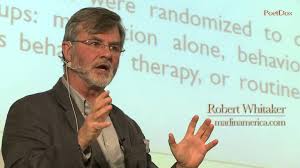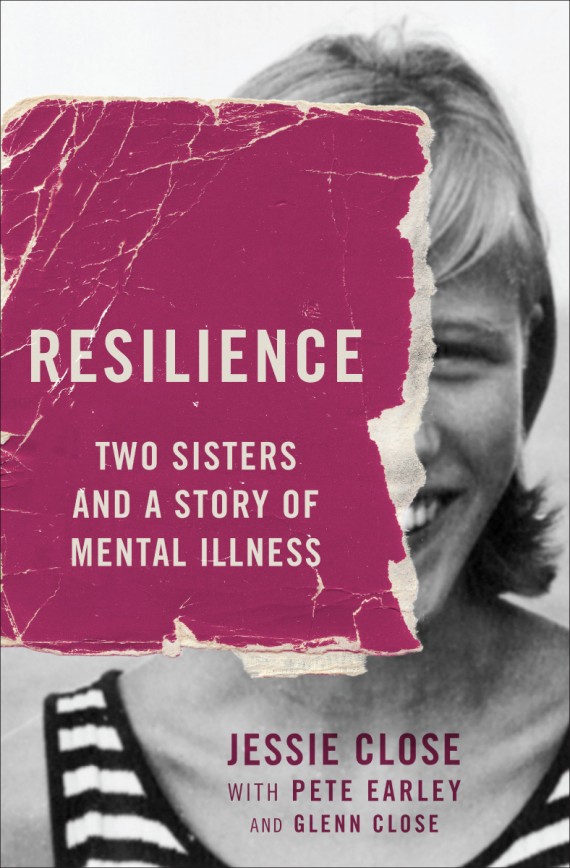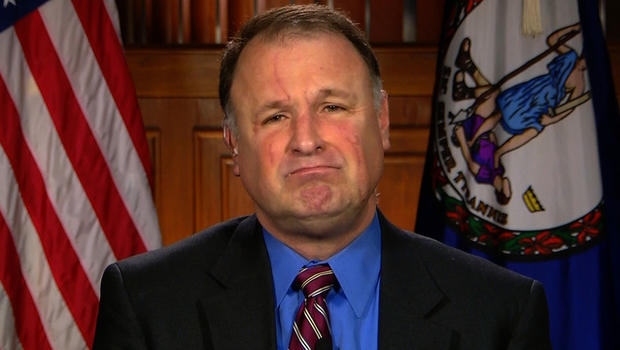
I recently asked Washington area management consultant Steven Kussmann to suggest ways the mental health community could be more effective in achieving meaningful reforms. Here is the thoughtful and creative blueprint that he sent me.
Changing The Mental Health Movement From Within
by Steven Kussmann
Less than 3% of our population self-identifies as gay or lesbian. Yet, the LGBT community created a movement that changed our nation’s definition of marriage and secured same sex marriage as a constitutional right! Change did not happen organically nor overnight. It was the result of a highly-effective social movement strategy and decades of well-targeted action.
The number of U.S. citizens with a serious emotional and mental health disorder is 10-times greater than the LGBT population. Why then do our social and political successes pale in comparison with those achieved by this community? What can we learn from them to achieve similar results? How can we apply those lessons to transform the mental health movement into a powerful engine for effective change?
The lessons are many, and their application requires a fundamental refocus of movement strategy and structure. To succeed as a force for real social and political change, the mental health community, both its leadership and grassroots network, must rethink and retool its strategy and tactics.
Here are five get-the-ball-rolling ‘lessons learned’ from the success of others the mental health community can act on now:







